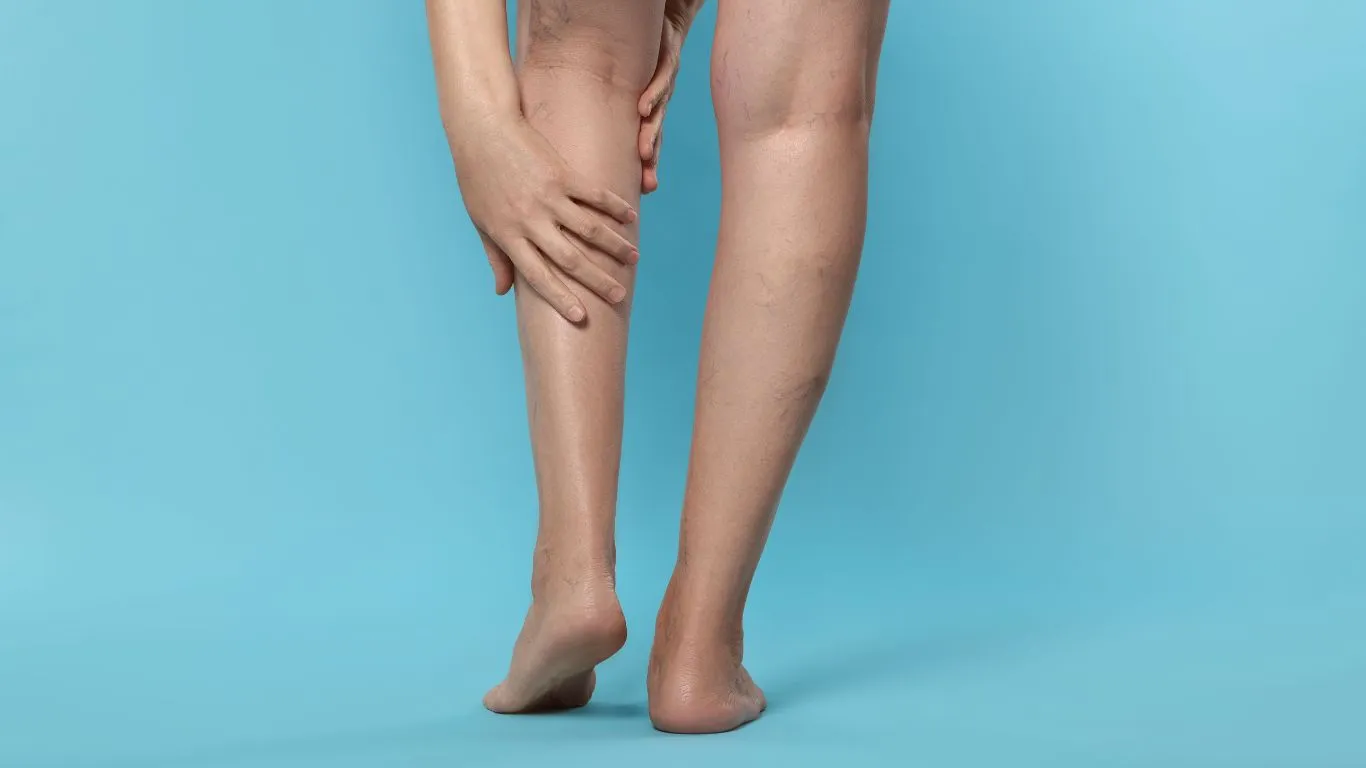
09 سبتمبر How do I know if I have a symptoms of vascular problems?
Vascular diseases refer to any health issue affecting the health and efficiency of blood vessels in transporting blood and nutrients throughout the body. These diseases are diverse, each with its own characteristics and symptoms that differ from other vascular conditions. A doctor can distinguish these symptoms through clinical examination and diagnostic tests. Generally, if there is suspicion of a vascular problem, it’s important to consult a doctor to identify the issue and prescribe appropriate treatment before health complications develop.
Dr. Amir Malkawi, a vascular surgery consultant, explains in the following article a range of symptoms associated with common vascular problems and some diagnostic methods.
Symptoms of vascular problems
As previously mentioned, symptoms of vascular problems vary depending on the type of issue. Below are common symptoms that may indicate a vascular problem:
Peripheral artery disease (PAD)
This refers to a group of health problems that affect arteries responsible for supplying the limbs with blood. Symptoms may include:
- Leg pain during movement that improves with rest.
- Feeling tired and fatigued after mild exertion.
- Changes in the color of the legs or arms.
- Appearance of ulcers and infections on the skin of the legs and arms.
- Tingling and numbness in the limbs.
- Changes in the color of the fingers and nails.
- Severe stomach pain, and other digestive symptoms such as nausea and weight loss when there is a problem with the blood vessels supplying the stomach or intestines.
- Severe high blood pressure if the blood vessels to the kidneys are affected.
Read More: Installation of a Kidney Dialysis Machine in the Arm
Carotid artery problems
This is the main artery responsible for supplying blood to the brain and is located in the neck. Often, symptoms of carotid artery problems do not appear until one of the health complications develops. However, if symptoms do occur, they may include:
- Neck pain.
- Headaches.
- Facial pain.
- Sweating.
- Heart palpitations.
- High blood pressure.
- Vein diseases
There are several health problems that can affect veins in different parts of the body. Common symptoms include:
- Swelling in the legs and feet.
- Bulging veins under the skin, such as those caused by varicose veins.
- Leg pain.
- Redness of the skin in the legs.
- Tingling and numbness in the arms and legs.
- Neck and shoulder pain.
- Recurring leg cramps.
Dilated blood vessels
One of the vascular problems often not accompanied by clear symptoms in the affected person, unless there is a significant increase in size or a tear occurs. Symptoms in this case depend on the location of the dilated blood vessels.
Formation of blood clots
Blood clots can form in any blood vessel in the body and often require emergency medical intervention. In some cases, blood clots can form in deep veins in the body, such as deep vein thrombosis (DVT), causing redness, swelling, and severe pain in the leg or arm where the clot forms.
Diagnosing vascular problems
Diagnostic tests to detect vascular problems depend on the type of disease suspected by the doctor and the symptoms present in the affected person. Diagnostic tests for vascular problems may include:
- Clinical examination to detect any visible signs on the body, such as changes in skin color, swelling, and pain upon touch.
- Heart rate measurement.
- Blood pressure measurement.
- Doppler ultrasound, magnetic resonance imaging (MRI), or computed tomography angiography (CTA) to image blood vessels.
- Ankle-brachial index test.
- Echocardiogram.
- Blood tests to measure triglyceride and cholesterol levels.
- Blood glucose test.
- Blood tests to detect inflammation in blood vessels, such as erythrocyte sedimentation rate (ESR).
- Kidney function tests.
- Internal imaging of blood vessels using catheterization.
References:
[1] – https://medlineplus.gov/vasculardiseases.html
[2] – https://www.webmd.com/heart-disease/vascular-disease
[3] – https://my.clevelandclinic.org/health/diseases/17604-vascular-disease
[4] – https://www.medicalnewstoday.com/articles/vascular-disease
[6] – https://www.verywellhealth.com/vascular-disease-5095545
